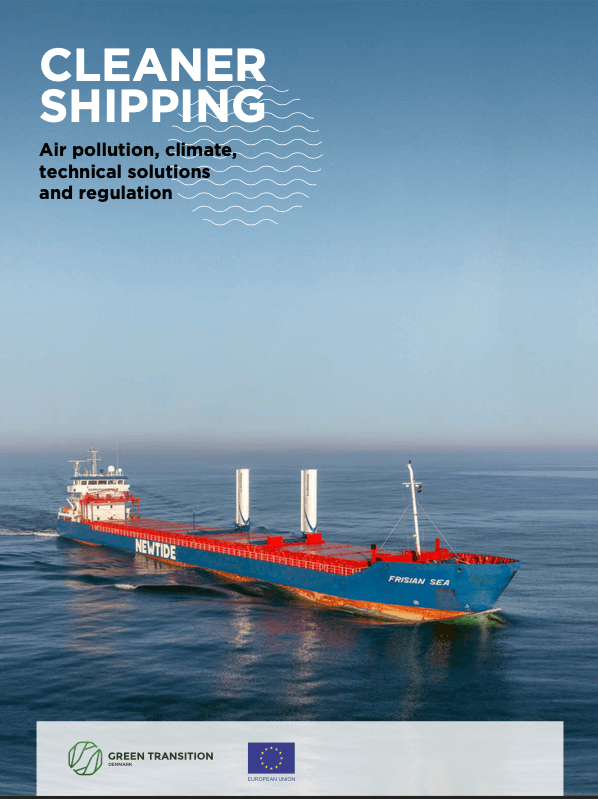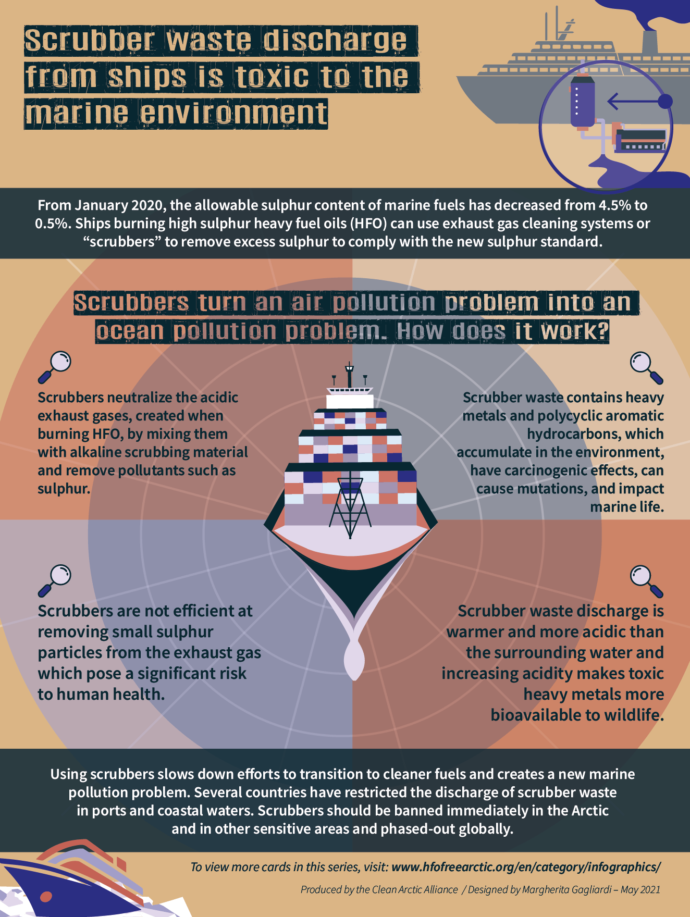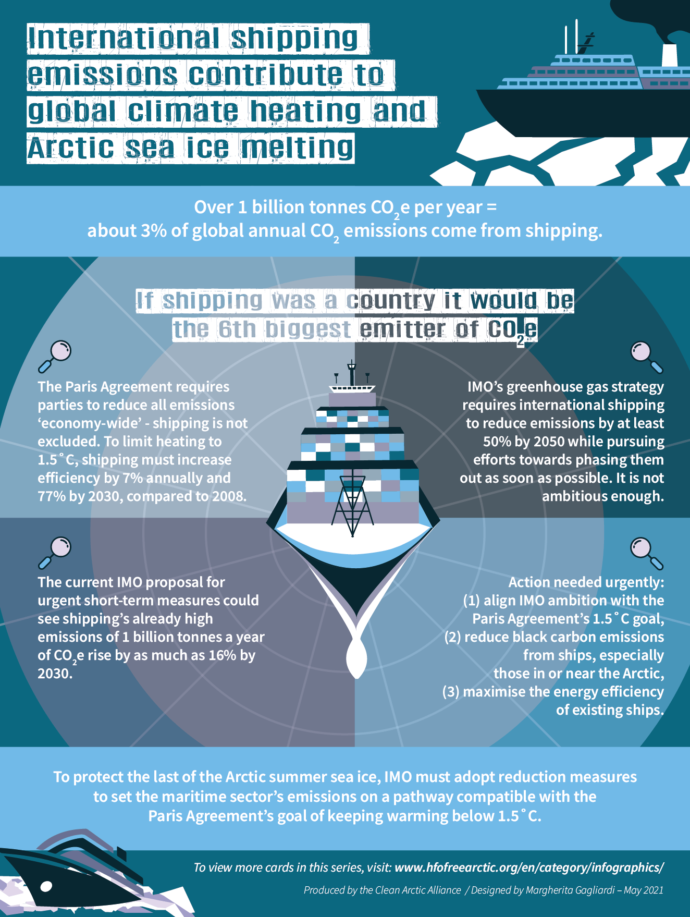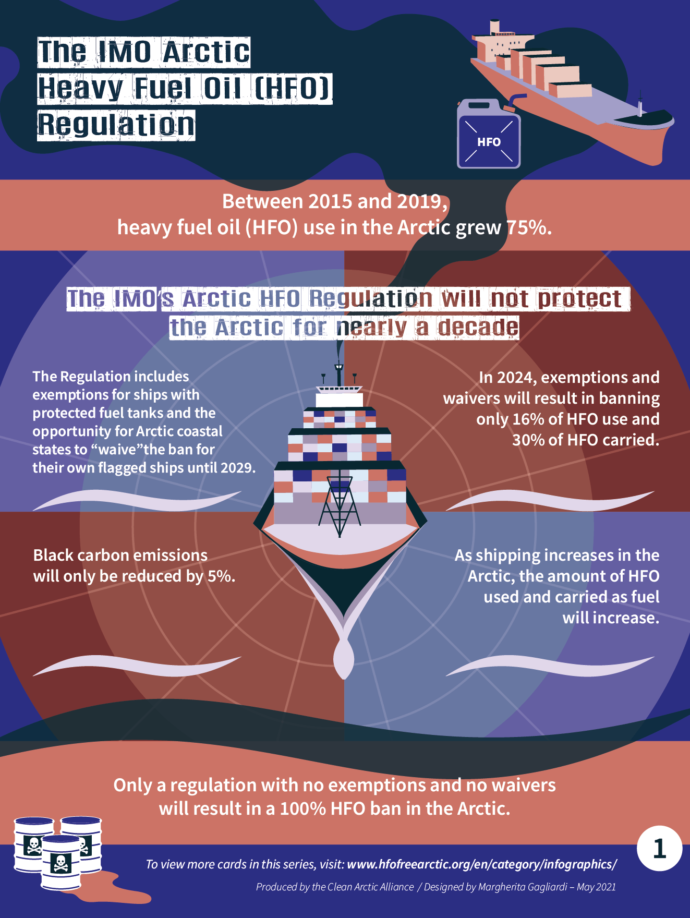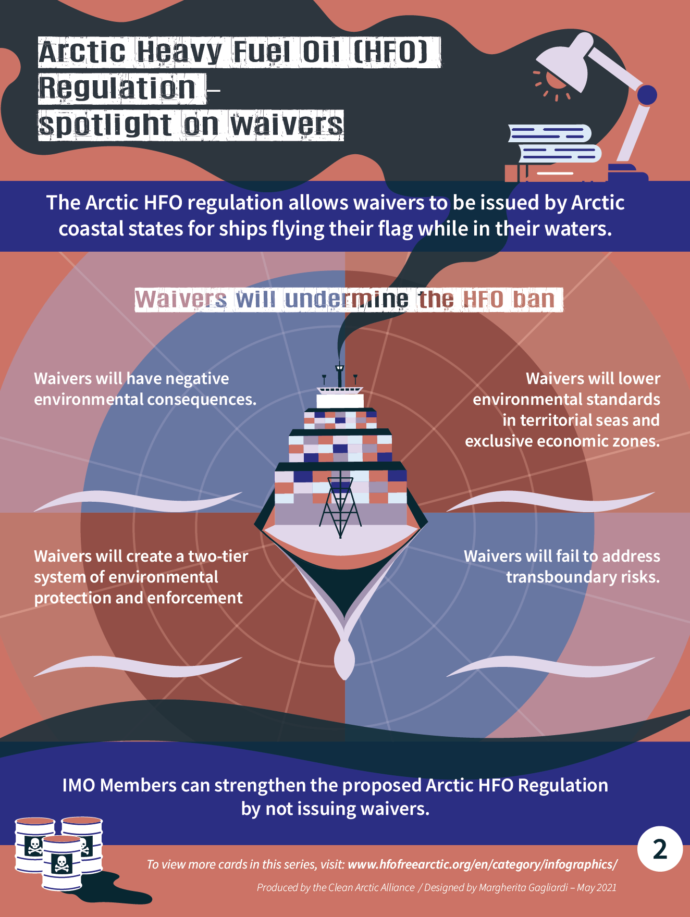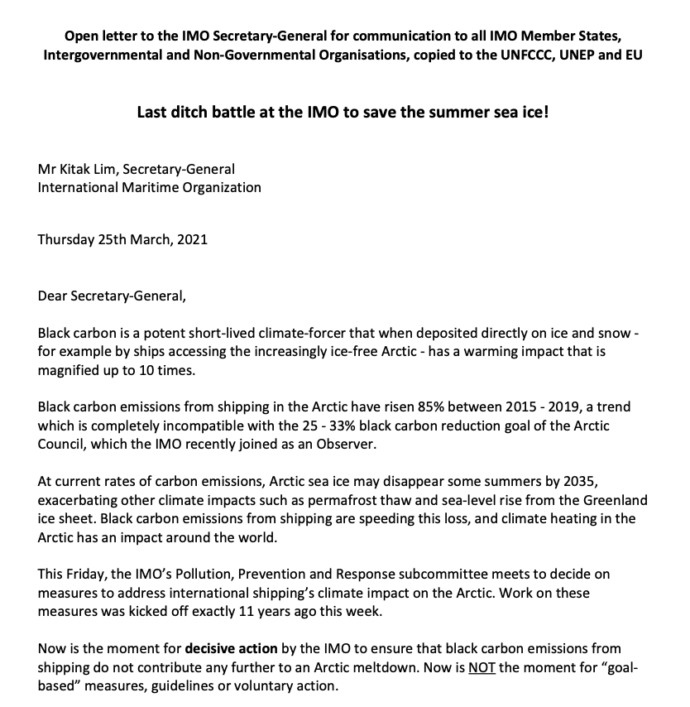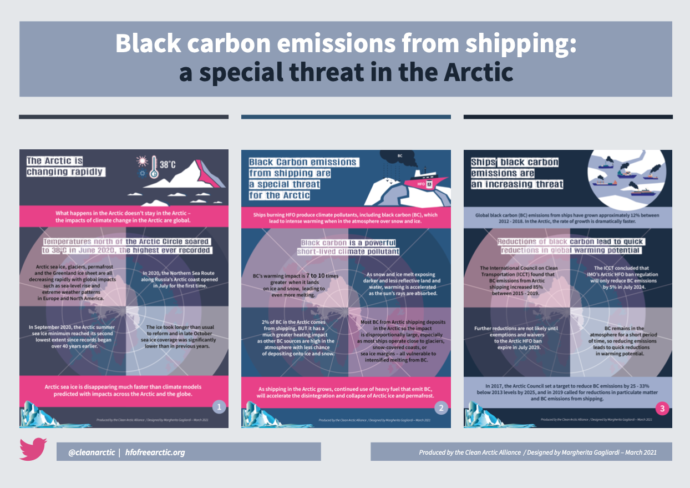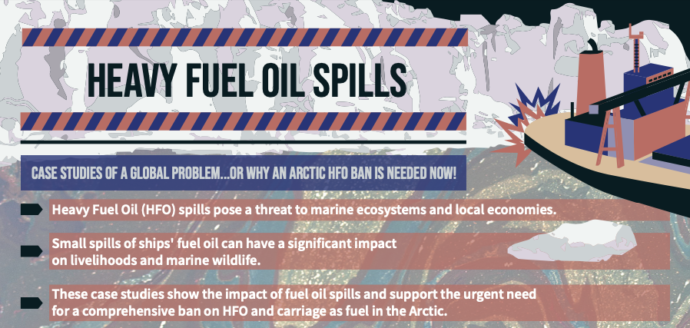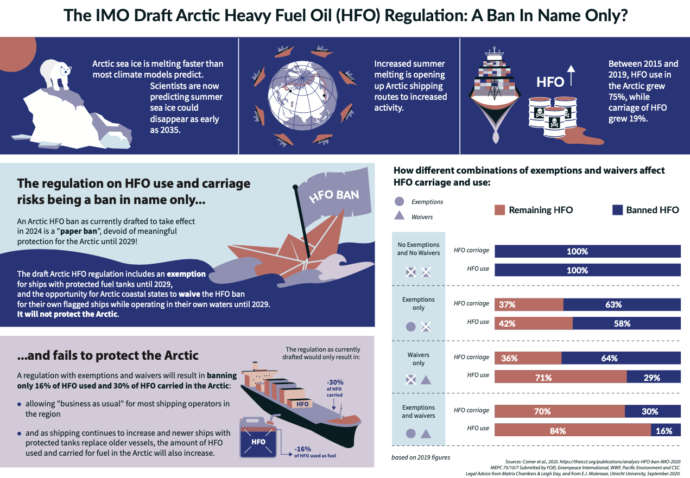Cleaner Shipping: Air Pollution, Climate, Technical Solutions and Regulation
This publication focuses on air pollution with CO2, SO2, NOx and particles from shipping, technical solutions as well as existing and further regulation and enforcement. The purpose is to inform and inspire decision makers and other stake- holders to implement ambitious regulation to reduce air pollution from shipping to the benefit of the climate, public health and nature.

